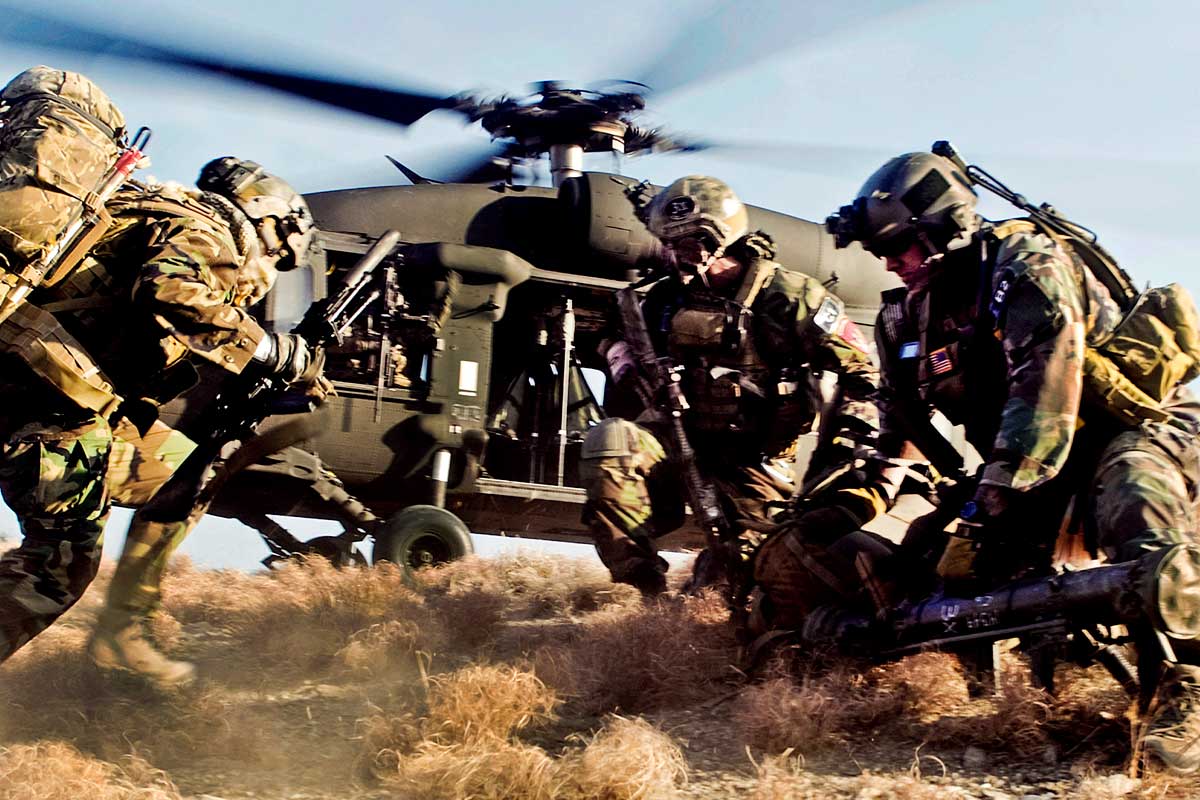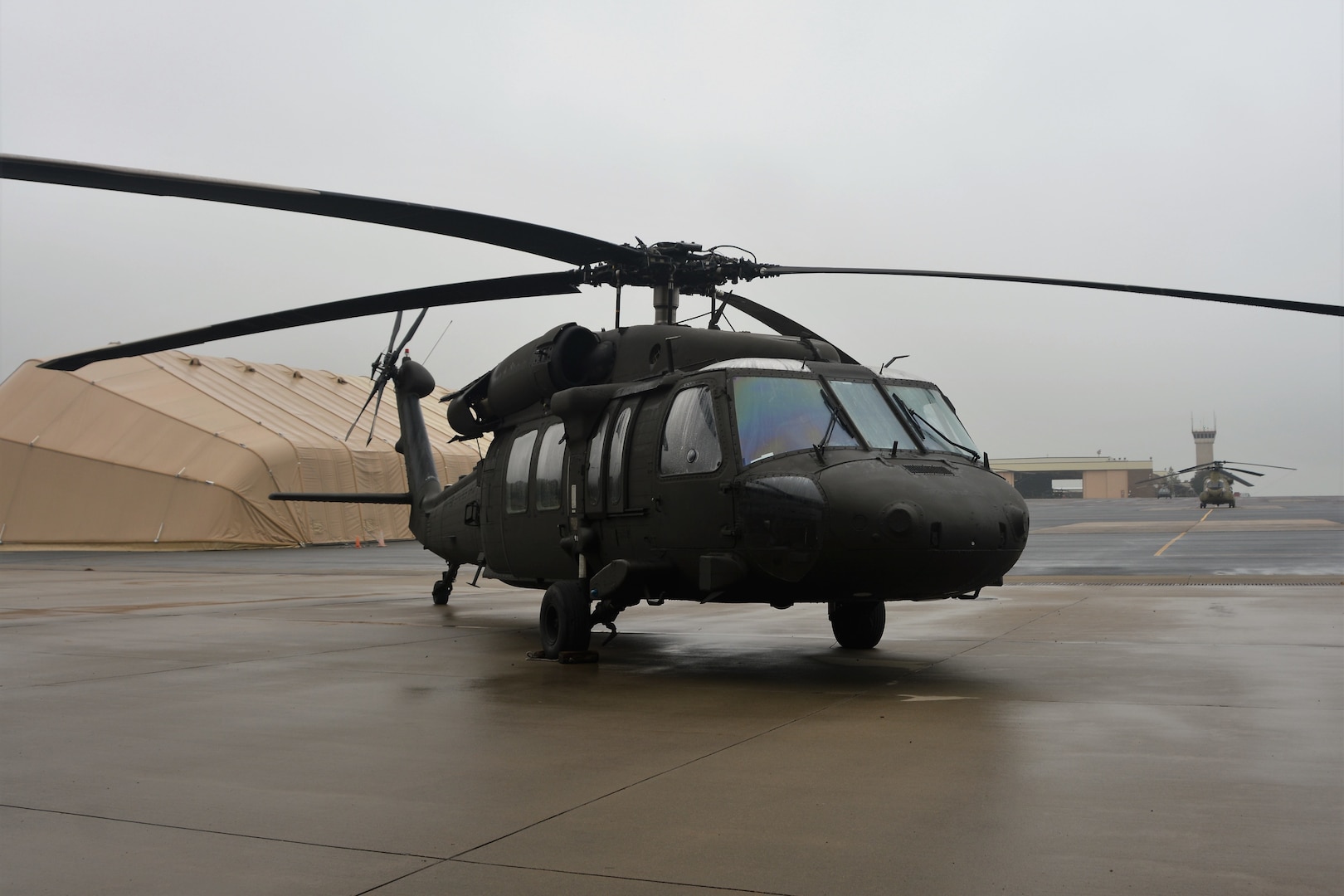The Role of UH 60 in Modern Armed Force Operations
The Role of UH 60 in Modern Armed Force Operations
Blog Article
The Impact of Sustainable Practices on the Future of Airplane Operations and Emissions Decrease
As the air travel market encounters boosting analysis over its environmental influence, the fostering of sustainable methods emerges as an important pathway towards future aircraft operations and exhausts decrease. Developments in lasting aeronautics gas and advancements in crossbreed propulsion technologies stand at the forefront of this improvement, promising considerable decreases in greenhouse gas discharges.

Summary of Sustainable Practices
Sustainable methods in airplane procedures include a variety of approaches aimed at reducing environmental influence while keeping operational efficiency. These methods are important in the air travel sector's dedication to reducing its carbon footprint and adhering to international ecological criteria. Secret initiatives consist of enhancing trip courses to reduce fuel intake, enhancing upkeep procedures to make sure airplane operate at peak efficiency, and carrying out innovative technologies such as winglets and lightweight materials that enhance the rules of aerodynamics.

Engaging and training team on sustainability practices also play a crucial duty, promoting a society of ecological obligation within companies. Generally, the assimilation of these lasting techniques not only assists reduce discharges but likewise boosts the long-lasting feasibility of the aeronautics field, ensuring it satisfies the demands of both clients and governing bodies while adding to worldwide sustainability objectives.
Ingenious Fuel Alternatives
Numerous innovative fuel options are becoming critical options to minimize the aeronautics market's reliance on traditional fossil fuels. Amongst these choices, Sustainable Aeronautics Gas (SAFs) have actually gotten significant focus due to their prospective to reduce lifecycle greenhouse gas exhausts by approximately 80% contrasted to traditional jet gas. SAFs are obtained from various feedstocks, including waste oils, farming residues, and even algae, making them a versatile choice for the industry.
Another encouraging option is hydrogen gas, which, when made use of in fuel cells, produces only water vapor as a by-product. This zero-emission prospective presents a substantial opportunity for decarbonizing flight operations, particularly for short-haul flights and local airplane. In addition, electric propulsion systems are being explored, leveraging battery modern technology to power airplane. While current battery capacity restrictions range and payload, recurring developments may soon make electrical flights feasible for specific applications - uh 60.
Lastly, biofuels originated from biomass are being investigated, using a renewable option that can be blended with conventional fuels. Collectively, these cutting-edge fuel alternatives represent a vital action toward attaining a lasting aeronautics ecosystem, lining up with global exhausts reduction targets and improving the market's ecological stewardship.
Technological Developments in Aviation

Exactly how can technological innovations improve the future of air travel? The combination of cutting-edge technologies is critical in transforming airplane procedures, boosting effectiveness, and decreasing discharges. Technologies such as hybrid and electrical propulsion systems go to the forefront, encouraging significant decreases in fuel usage and greenhouse gas exhausts. These systems leverage improvements in battery modern technology and energy monitoring, making it possible for airplane to operate with a reduced environmental impact.
In addition, the application of sophisticated materials, such as lightweight compounds, contributes to boosted aerodynamics and fuel performance. Making use of expert system and machine knowing in trip procedures maximizes path preparation and reduces fuel burn by allowing real-time modifications based on climate and traffic problems. Furthermore, the growth of autonomous and remotely piloted airplane systems stands to transform freight and passenger transportation, possibly raising effectiveness while minimizing human mistake.
Additionally, lasting air travel modern technologies, including innovative air website traffic management systems, can improve operations and decrease blockage, leading to lower exhausts during trip. These improvements jointly stand for a standard shift in aeronautics, promising a future where sustainability and functional performance are intertwined, thus supporting the industry's dedication to reducing its ecological effect.

Regulatory Structure and Conformity
Taking into account the growing focus on why not find out more environmental stewardship within the air travel sector, the regulative framework governing aircraft procedures is developing to promote lasting practices. Regulative bodies, such as the International Civil Air Travel Organization (ICAO) and different national aeronautics authorities, are introducing strict guidelines intended at reducing emissions and boosting functional performance.
These policies often consist of the fostering of Sustainable Aeronautics Fuel (SAF), which has been recognized as an essential component in accomplishing reduced carbon impacts. Conformity with these regulations requires airlines to apply operational methods and sophisticated modern technologies, such as optimized trip paths and boosted air web traffic administration, to lessen gas consumption.
Furthermore, the enforcement of exhausts trading plans and carbon offsetting campaigns is becoming increasingly widespread, compelling airlines to check and report their exhausts properly. Non-compliance can result in considerable fines, hence pressing operators to prioritize sustainability in their organization versions.
Eventually, the developing governing landscape not just drives advancement and financial investment in green modern technologies however also promotes a culture of accountability within the air travel industry. As these structures proceed to develop, the concentrate on sustainable methods will certainly be integral to attaining the field's long-term ecological objectives.
Future Patterns in Airplane Operations
As the air travel sector adapts to a significantly stringent regulatory setting, future trends in aircraft operations are readied to concentrate on cutting-edge services that better improve sustainability and performance - uh 60. Key growths will likely consist of the adoption of innovative air website traffic administration systems, which their explanation utilize real-time information and expert system to maximize flight courses, lowering gas consumption and emissions
Another considerable pattern is the enhanced assimilation of sustainable aeronautics gas (SAFs) These options to traditional jet gas, acquired from renewable resources, can substantially lower lifecycle greenhouse gas emissions. The industry's commitment to SAFs will likely speed up as airlines collaborate with gas manufacturers to make sure availability and cost-effectiveness.
Additionally, the press towards electrification and crossbreed propulsion systems is obtaining momentum. Emerging airplane layouts will certainly include these technologies, offering quieter and much more effective operations, especially for short-haul trips.
Conclusion
The adoption of sustainable aviation fuels, combined with improvements in hybrid and electrical propulsion systems, is necessary for reducing lifecycle greenhouse gas exhausts. Enhancing flight courses and embracing cutting-edge innovations contribute to a quieter and more ecologically friendly aeronautics market.
Technologies in lasting aeronautics gas and innovations in crossbreed propulsion modern technologies stand at the center of this change, promising substantial reductions in greenhouse gas exhausts.Numerous innovative fuel choices are emerging as essential solutions to lower the aviation market's reliance on standard fossil fuels - uh 60. Amongst these options, Sustainable Aeronautics Gas (SAFs) have gained substantial focus due to their prospective to reduce lifecycle greenhouse gas emissions by up to 80% compared to standard jet gas.An additional considerable trend Web Site is the boosted assimilation of sustainable aviation gas (SAFs) The fostering of lasting air travel gas, paired with improvements in electric and hybrid propulsion systems, is necessary for minimizing lifecycle greenhouse gas discharges
Report this page